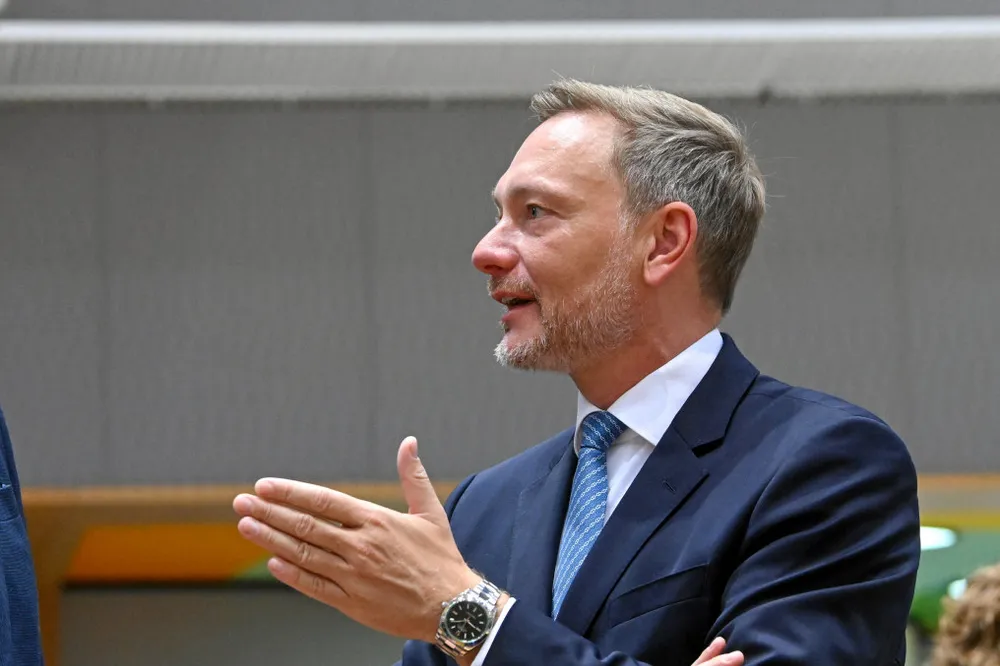German government sends mixed messages on future renewable power support
While climate ministry stresses continuation of successful green energy expansion, finance ministry says subsidies will end as soon as market flexible enough and storage available

Germany’s government as part of a budget proposal and growth initiative sent mixed messages about the future of renewable energy support.
While the Greens-led economics and climate ministry stressed that the hitherto successful renewables expansion will continue, the Liberal-led finance ministry said subsidies for clean power will end as soon as the market is flexible enough and sufficient storage capacity is available.
As a first step, the government will move the payment of support for green energy under the country’s Renewable Energy Act (EEG) to the federal budget, and away from a climate and transformation fund that will instead mostly be geared towards making buildings energy-efficient, decarbonising industry and electric mobility.
The government also presented a growth initiative with 49 points, including initiatives to reduce bureaucracy, lower electricity costs for businesses and strengthen the energy market.
“We are continuing the successful expansion of renewable energies,” economics and climate minister Robert Habeck said.
But while Habeck is vague about how future renewables support may look like, the finance ministry led by Christian Lindner from the neo-liberal Free Democrats (FDP) pushes for an eventual end to green power support.
“In the future, renewable energies will no longer receive subsidies as soon as the electricity market is sufficiently flexible and sufficient storage capacities are available,” the finance ministry said in an information on the growth initiative – but without indicating when this may happen.
“In order to reduce the costs of EEG funding in the short term, the German government will, as agreed in the growth initiative, suspend funding for new installations in the event of negative prices from 1 January 2025 (with the exception of small installations, as this would be unmanageable) and reduce the threshold above which renewable energies can market their own electricity to 25kW in three annual steps, starting on 1 January 2025.”
The mixed messages from the climate and the finance ministry are a continuation of a debate on a reform of renewables support pushed by Habeck and Lindner in recent weeks.
The country’s energy and water business federation (BDEW) said the budget and growth initiative could contribute considerably to the planning security of energy investors, but cautioned a reform of renewables support must not impede their expansion.
“The energy industry is prepared to invest large sums of money, including in the expansion of renewable energies, the expansion and conversion of grid infrastructures, the expansion of the domestic hydrogen economy and the decarbonisation of heating and transport,” BDEW president Kerstin Andreae said.
She also said that the growth initiative could be a lever for the reduction of unnecessary bureaucracy that is burdening the energy business, but must also be put into practice.
But she added: “A change to the subsidy mechanism for renewable energies should be implemented with sufficient advance notice and an intensive dialogue between the German government and the industry.
“There is a lot at stake here: uncertain framework conditions can lead to a slump in the expansion of renewable energy systems.”
(Copyright)